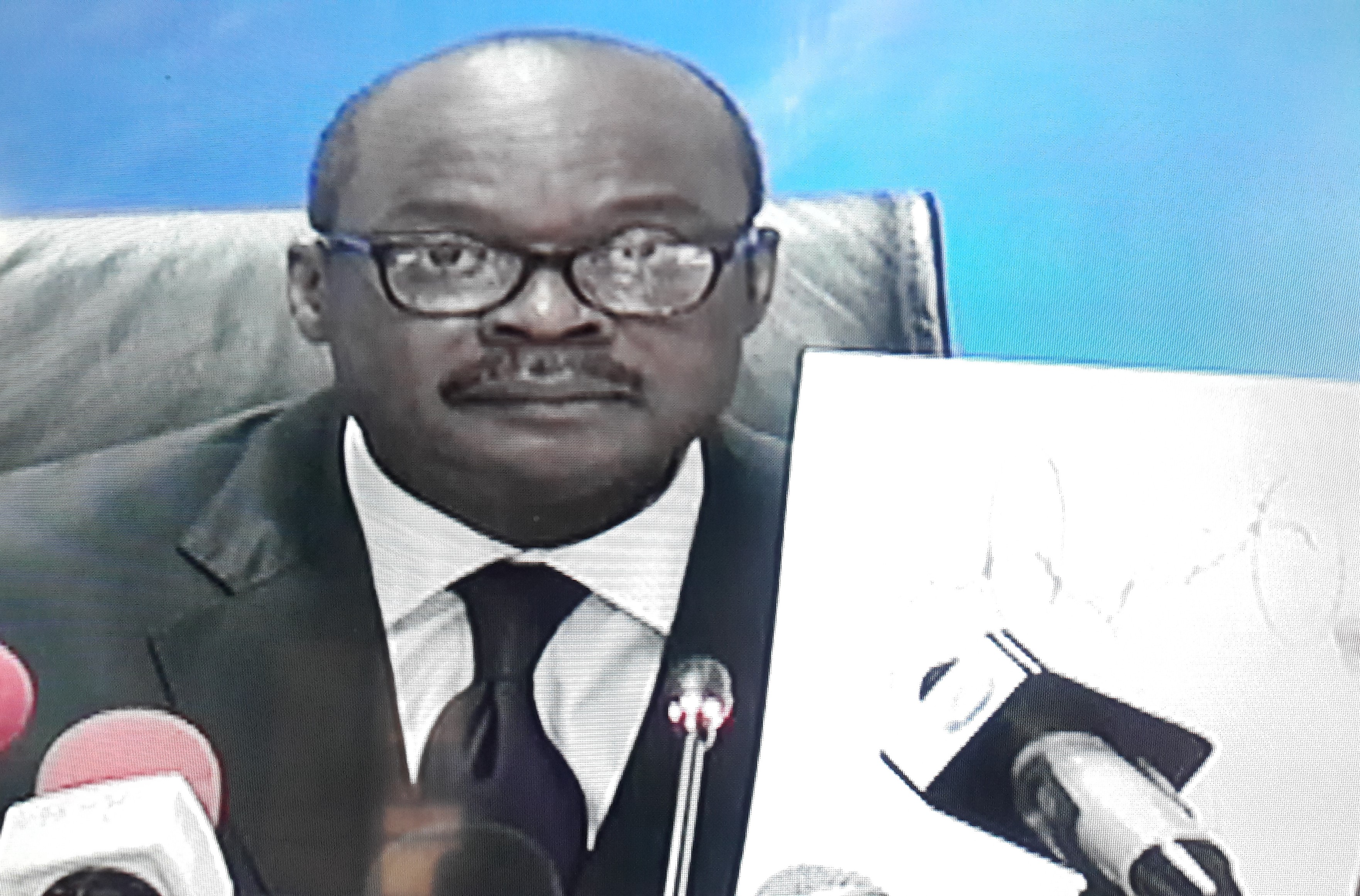Following the meeting of the country’s central bank Monetary Policy Committee (MPC), the Bank of Ghana has for the fourth time this year reduced its monetary policy rate.
In a press briefing held after the meeting in Accra, Governor of the Bank of Ghana and Chairman of the MPC – Dr. Ernest Addison announced that the policy rate has been reduced by 150 basis point bringing the new rate to 21%. Â
He pointed out the change is primarily part of the efforts to ensure that “the implementation of fiscal policy measures towards providing stimulus through key initiatives contained in the 2017 budget statement, [provides] added impetus to growthâ€.
Furthermore, he expressed general optimism about Ghana’s economic outlook. He noted that “the disinflation process is still ongoing and the trend is likely to continue all through until the end of the third quarterâ€.
According to the Governor, the committee decided to reduce the Monetary Policy Rate because it believes the new rate, alongside an anticipated stability in the currency exchange rate, will ensure much-needed price stability across the country.
In addition, the Governor asserted that if the trend with the various indicators continues, the country will achieve the key monetary, or other economic medium -term targets which are set for 2018.
Responding to a question on lending rates of commercial banks in Ghana, he said while the process of disinflation would always have immediate impact on price stability of various commodities in the country, the currency exchange rate, other market rates and the lending rate take a longer time to drop because it responds to adjustments of other rates (its inertia).
Finally, he pointed out some reasons for this bank lending rate inertia such as, the Average Cost of Funds and the rate of Non-performing Loans which currently stands at 21% putting a huge strain on commercial banking institutions in Ghana that have to source for funds elsewhere to cover these bad loans.





